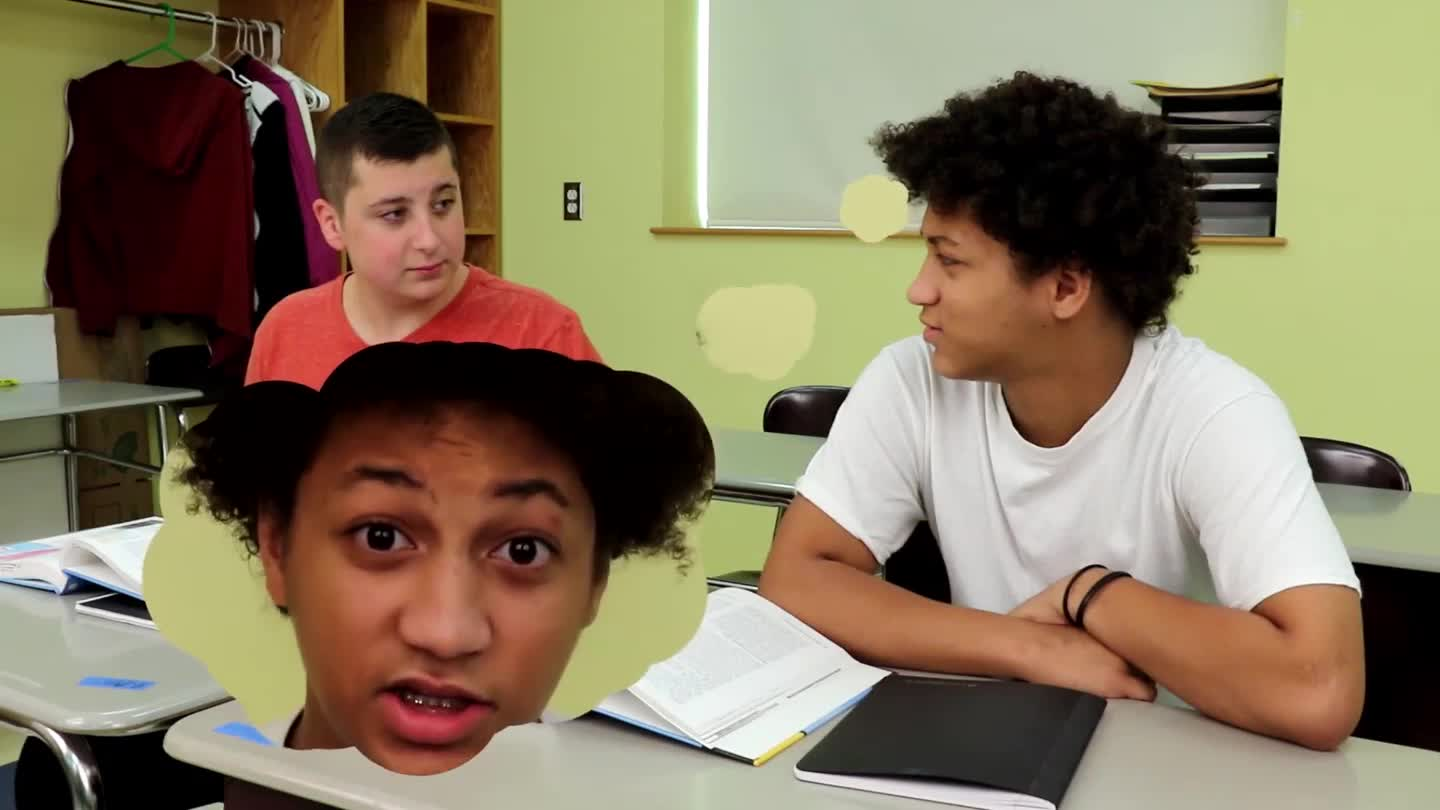
Introduction
Teaching conversation skills to students in special education can be a challenging yet rewarding task. The Fork in the Road game is designed to help educators engage students in understanding the impact of their choices in social interactions. By observing different scenarios and analyzing the outcomes, students will learn how to improve their conversation skills and make better decisions when interacting with others. This blog post will discuss the game, provide a no-prep activity that educators can use, and offer discussion questions to stimulate further learning.
No-Prep Activity
In this activity, students will participate in the Fork in the Road game, where they will watch a video or listen to a story featuring a character facing a social dilemma. The character will come to a social fork, a point where they can choose one of two paths that lead to different outcomes in the interaction. The students’ task is to identify the best path for the character to take.
Follow these steps to conduct the activity:
- Choose a video or story that presents a character facing a social dilemma related to conversation skills.
- Play the video or read the story to the students, pausing when the character reaches the social fork.
- Ask the students to think about the possible outcomes of each path and discuss their thoughts as a group.
- Continue the video or story to reveal the outcomes, and discuss whether the character made the right choice or not.
- Repeat this process with different scenarios to help students practice their conversation skills and decision-making abilities.
Discussion Questions
Use these discussion questions to encourage deeper thinking and understanding of the Fork in the Road game and conversation skills:
- Why is it important to consider the feelings of others during a conversation?
- How can taking things literally or not providing enough information lead to confusion in a conversation?
- What strategies can you use to make sure you are understanding the other person’s perspective in a conversation?
- How can practicing conversation skills help improve your social interactions?
- Can you share an example of a time when you faced a social fork in a conversation? What did you do and what was the outcome?
Related Skills
In addition to conversation skills, there are other essential social-emotional learning skills that students in special education can benefit from. These include:
- Active listening: Paying attention to the speaker, making eye contact, and showing interest in what they are saying.
- Empathy: Understanding and sharing the feelings of others, which can help create stronger connections during conversations.
- Non-verbal communication: Interpreting and using body language, facial expressions, and gestures to convey messages and emotions.
- Conflict resolution: Learning how to handle disagreements and find solutions that work for everyone involved.
- Assertiveness: Expressing oneself clearly and respectfully, while also respecting the opinions and feelings of others.
Next Steps
Now that you have learned about the Fork in the Road game and its benefits for students in special education, it’s time to take the next step. To access free samples of materials designed to teach conversation skills and other essential social-emotional learning skills, sign up at Everyday Speech. By incorporating these resources into your teaching, you can help your students develop the skills they need to succeed in their social interactions and build lasting relationships.





